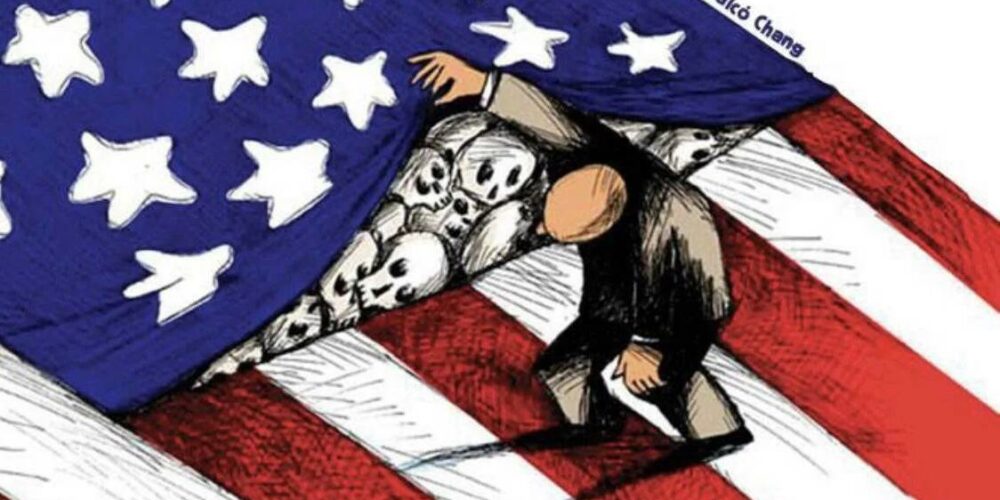Latin America entered the twenty-first century dominated by neoliberal governments. It was the region of the world with the most neoliberal and the most radical governments.
Neoliberalism arrived in Latin America through the “Chicago Boys” during the Pinochet dictatorship. As a result, it was the region where the greatest manifestations of popular resistance to the effects of neoliberal policies emerged, from the caracazo in Venezuela in 1989 to the demonstrations in Argentina at the beginning of this century and the expression of anti-neoliberal governments.
The continent experienced an impressive sequence of elections of anti-neoliberal governments: Hugo Chávez in 1998, Lula in 2002, Néstor Kirchner in 2003, Tabaré Vázquez in 2004, Evo Morales in 2005, Rafael Correa in 2006. These governments favoured social policies instead of fiscal adjustments, regional integration processes instead of free-trade agreements with the United States, and the rescue of the active role of the state instead of the centrality of the market.
The first decade of the twenty-first century was marked by these governments, which managed to significantly reduce inequalities, unemployment and poverty in these six countries. And the main leftist political leaders in the world were projected.
In the second decade there were crises in some of these governments, the ephemeral return of conservative governments—some by means of coups d’état—until the anti-neoliberal governments spread to Mexico, Honduras, Chile, and Peru. This continent reaches the third decade of the century with the possibility of Colombia and Brazil joining this group of governments, constituting the largest bloc of progressive governments the continent has ever known. This, at the same time, represents the greatest isolation of the United States in Latin America.
From the third decade of the century, what future can we imagine for Latin America?
The first question is, To what extent will progressive governments be able to overcome neoliberalism and install a new economic model? To what extent will they be able to move from being anti-neoliberal to post-neoliberal?
This is a major obstacle, because neoliberalism continues to predominate in capitalism on a global scale. Moreover, even in Latin American countries the weight of financial capital continues to be great, blocking the possibility of resuming a new cycle of economic growth, a condition for the generation of employment and income distribution policies.
It will be a great challenge for progressive governments to implement policies that can turn the page of neoliberalism. This is only possible through three factors. The first is the integration of Latin American governments and the construction of co-ordinated economic policies. The second is the need to overcome Latin America’s isolation, which can be done through the BRICS, a space that brings together governments in favour of a multipolar world with emerging countries. The third is the need to build another type of state that can radically democratise our societies.
The future of Latin America depends on these factors, but it depends especially on the future of some crucial countries of the continent, such as Brazil, Argentina, Mexico, Colombia, and Bolivia, whose weight in the continent is decisive. It requires that in Argentina the right wing, taking advantage of the government crisis, cannot win the next presidential election, that Peronism manages, once again, to have a consensual candidacy, and to give continuity to the reconstruction of the country; that López Obrador, despite the sabotage of major companies, manages to make the Mexican economy grow again, in order to support the government’s social policies; that Petro triumphs in Colombia and succeeds in pacifying the country after decades of violence and instability; that Lula be re-elected president in Brazil and succeed in recovering the country from the worst crisis in its history and once again become the great leader that Brazil needs, with an outstanding international performance, projecting Latin America once again at the epicentre of democracy.
The future of Latin America is open. It already has several progressive governments and strong popular anti-neoliberal support. But the survival of neoliberalism in the continent and in the world, and the existence of a right wing and a far right that is here to stay, present challenges that Latin American governments and political leaders have to face.
The fate of Latin America in the coming years will define the destiny of the continent in the entire first half of the century and, in some way, will weigh on the fate of neoliberalism and post-neoliberalism in the world.






